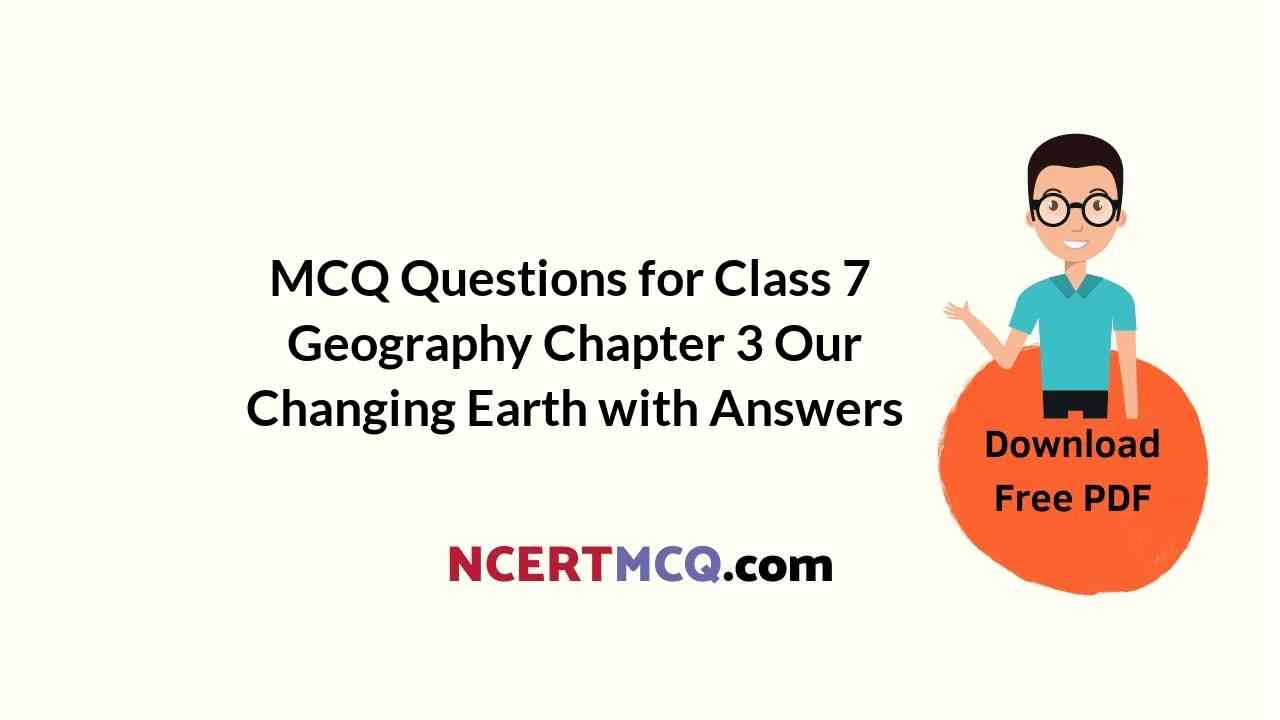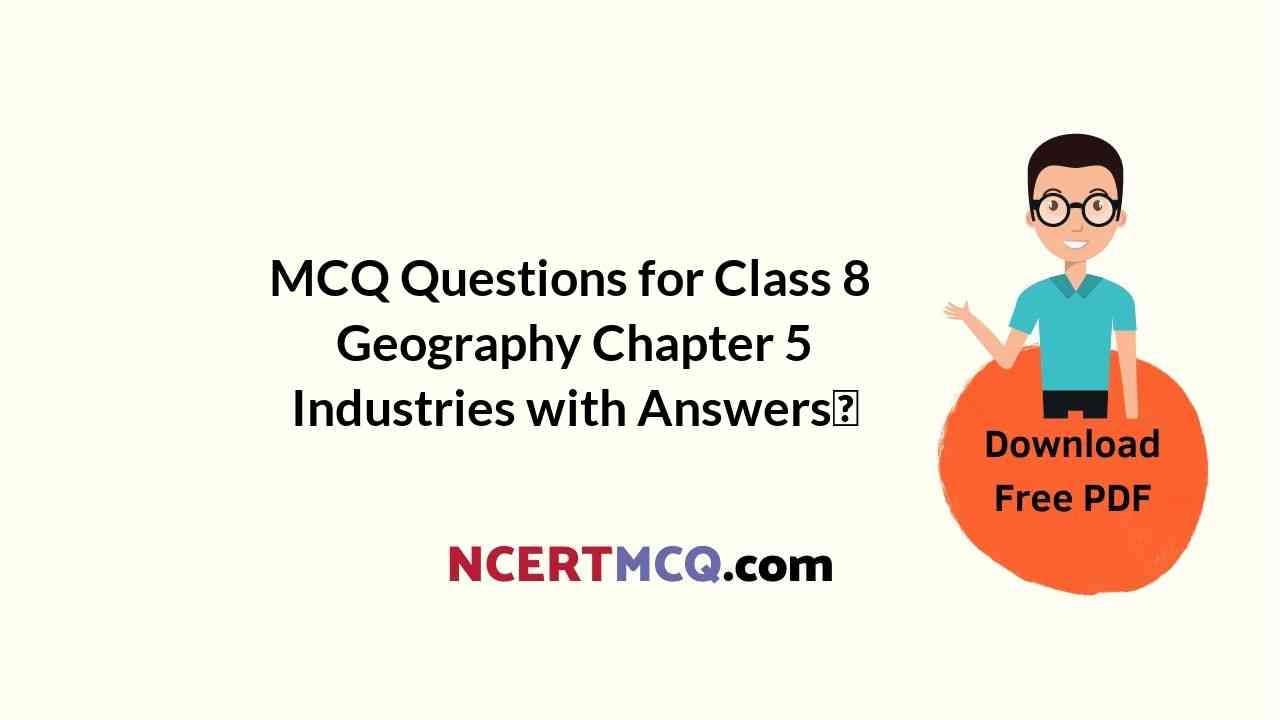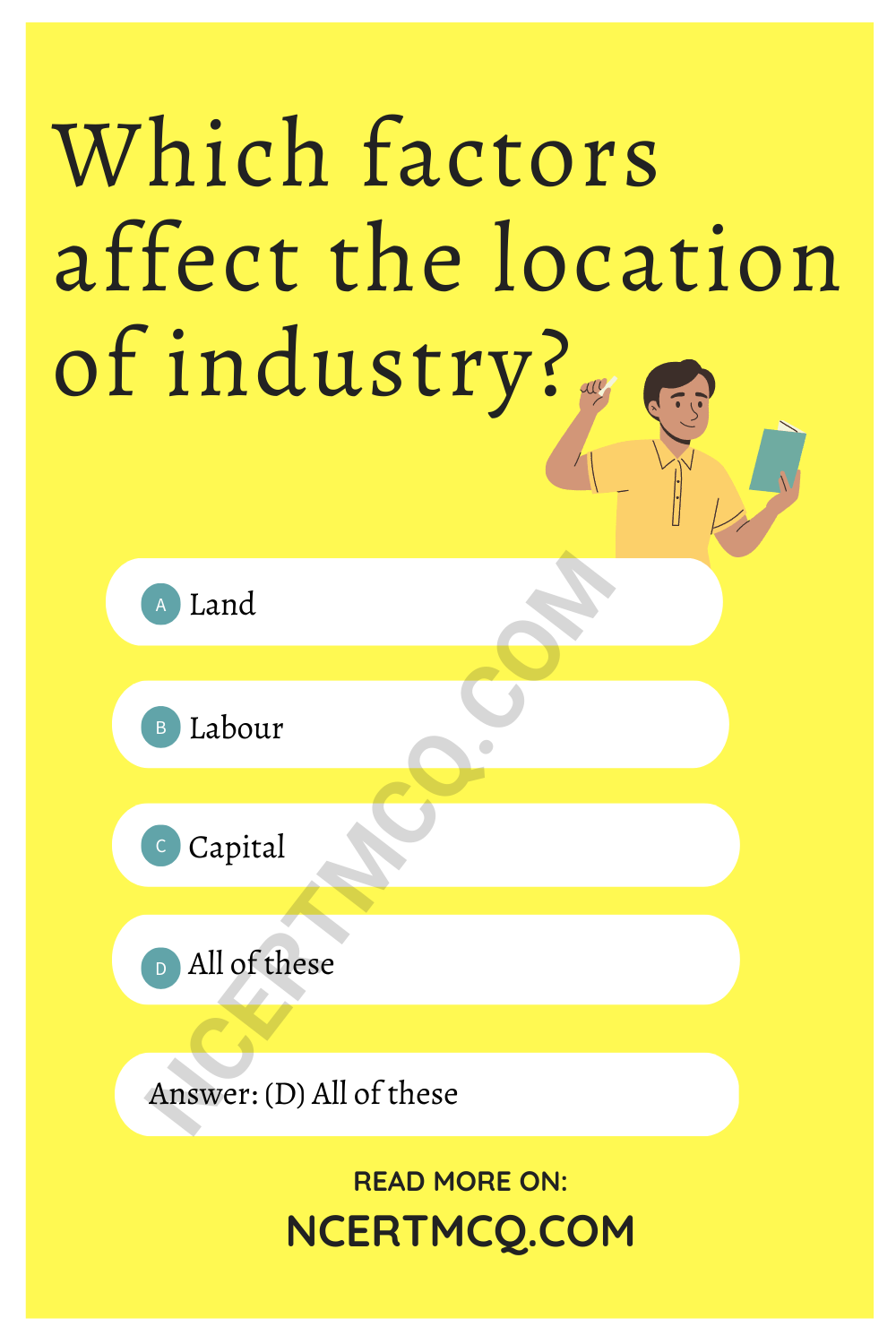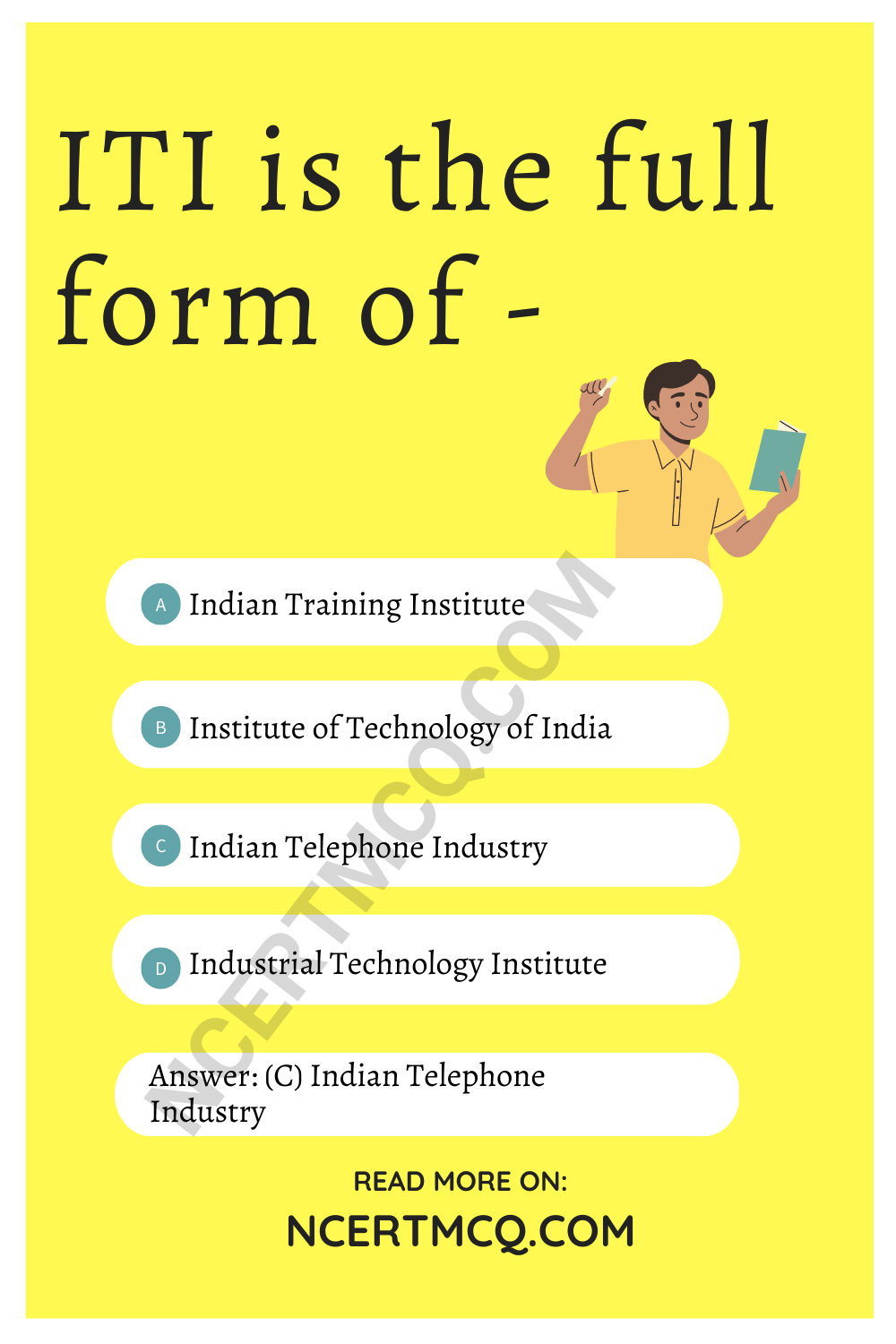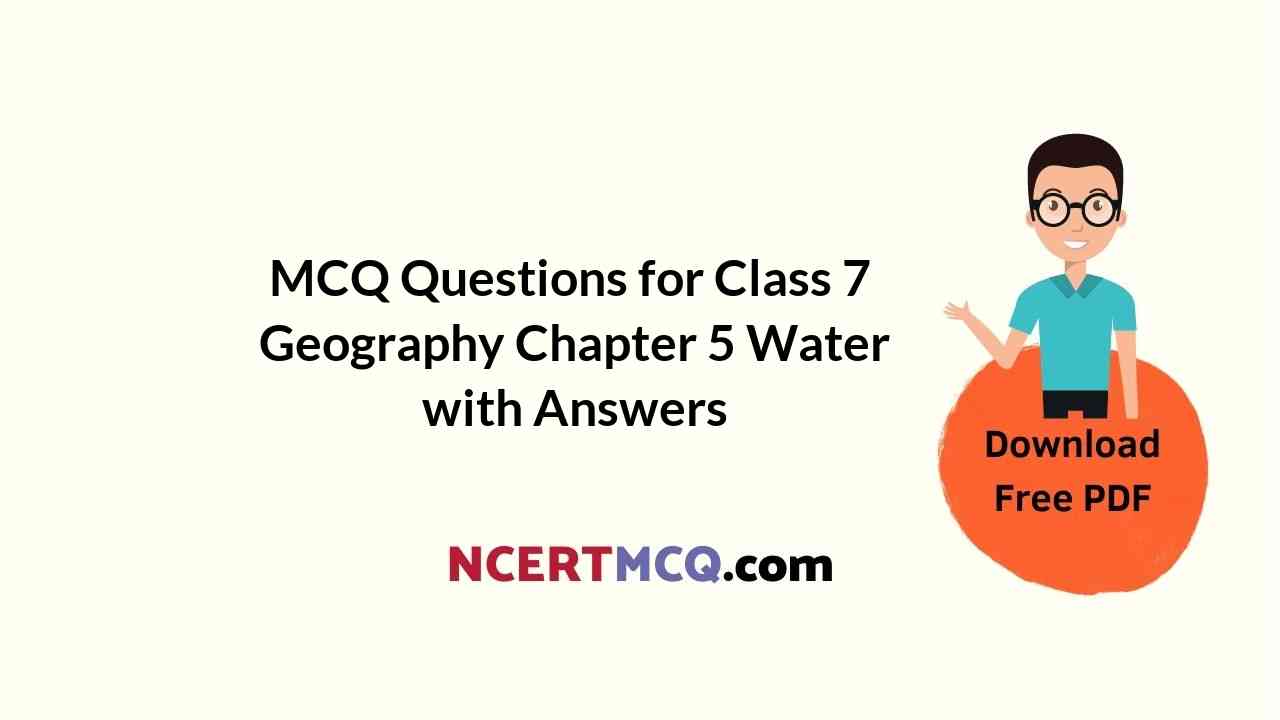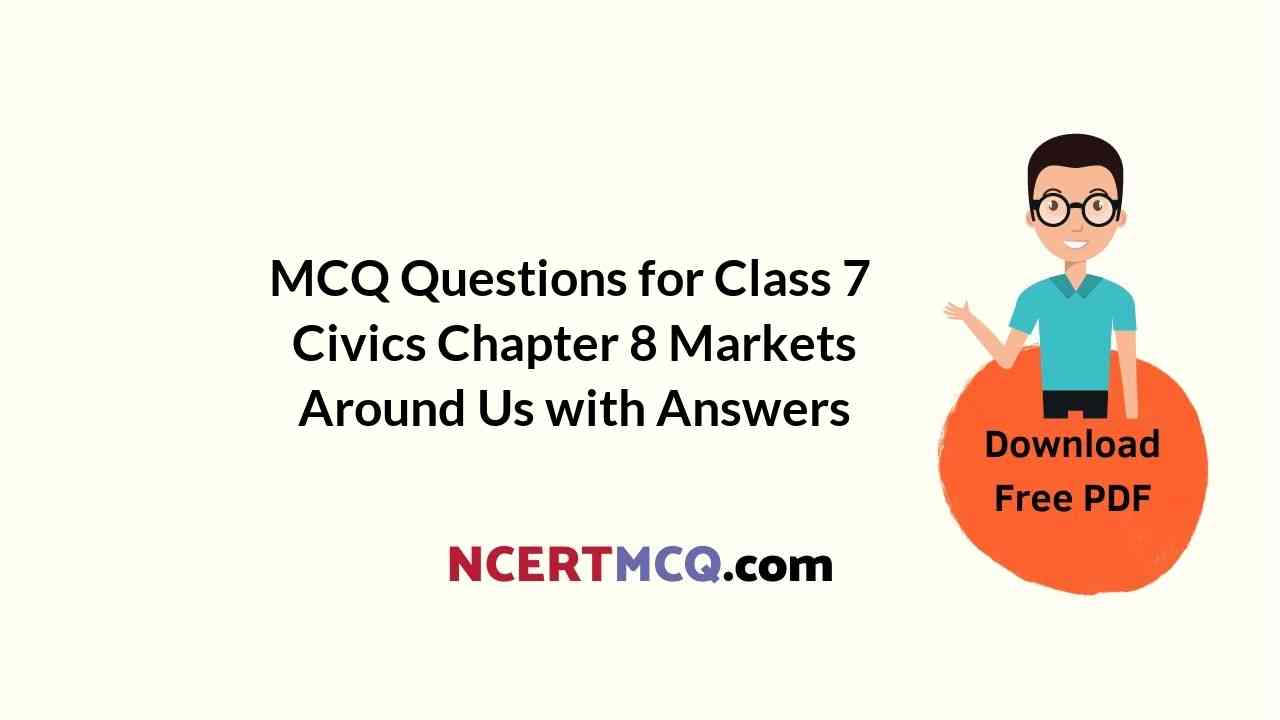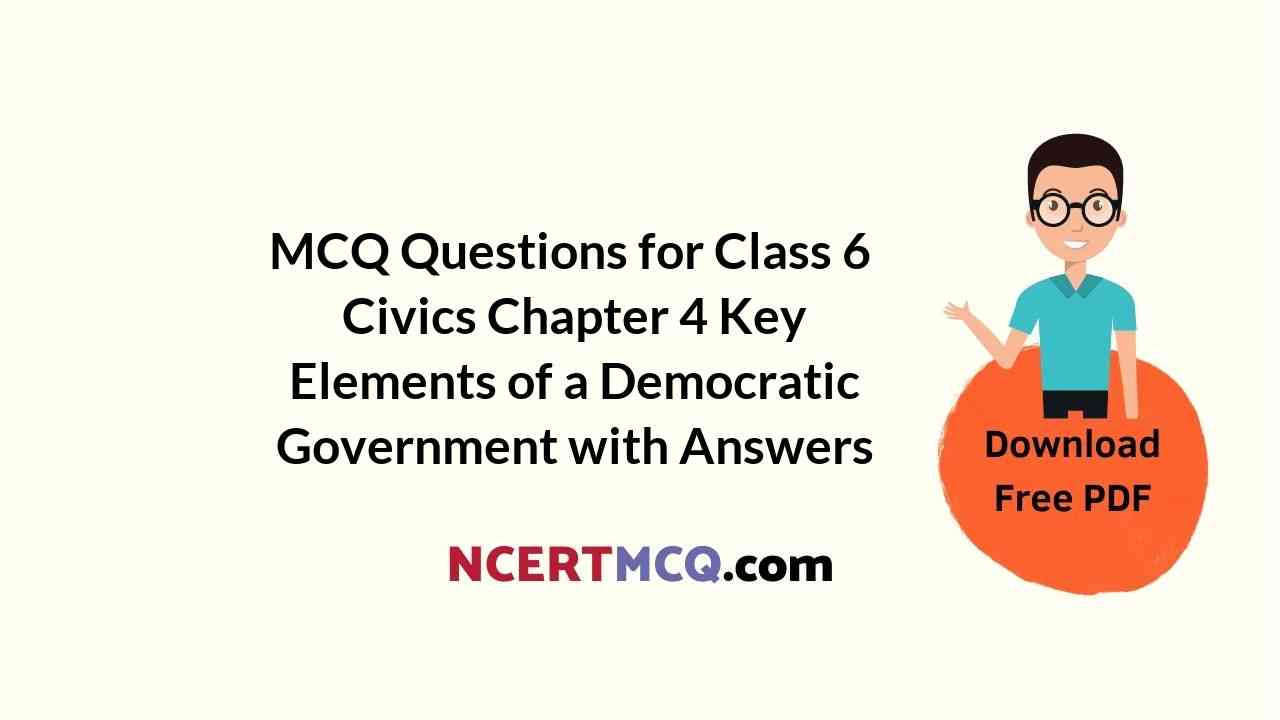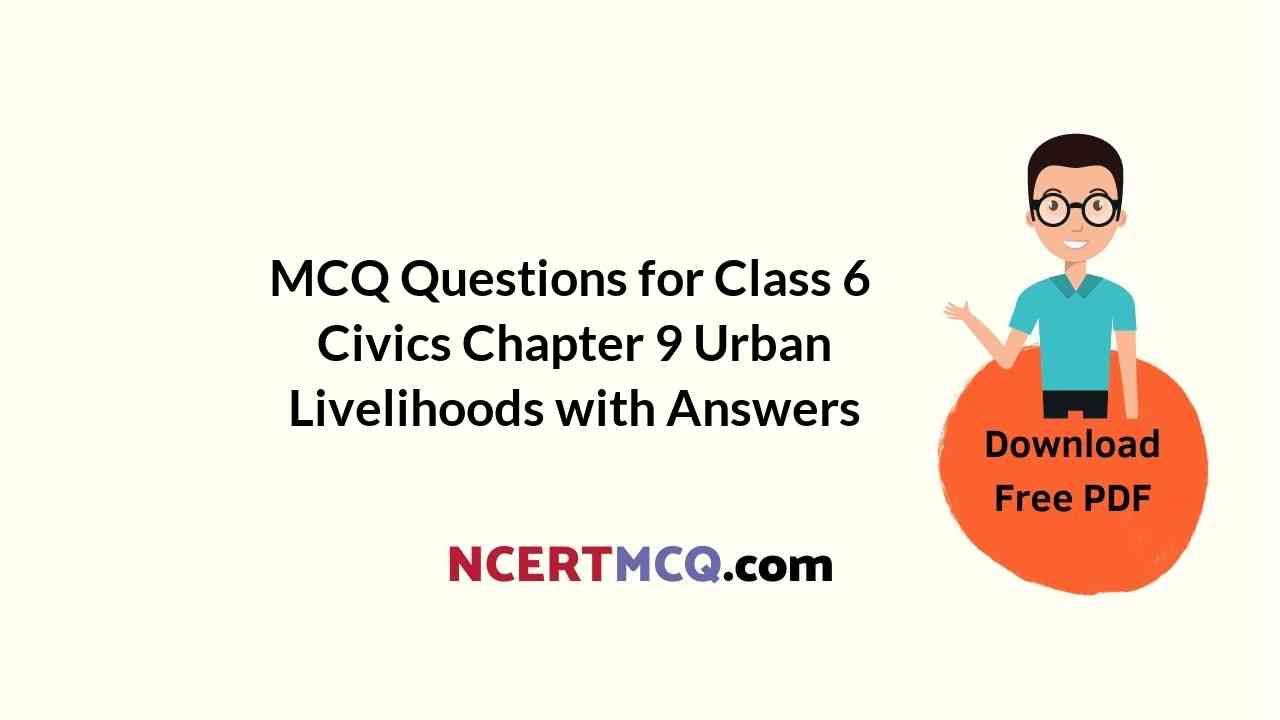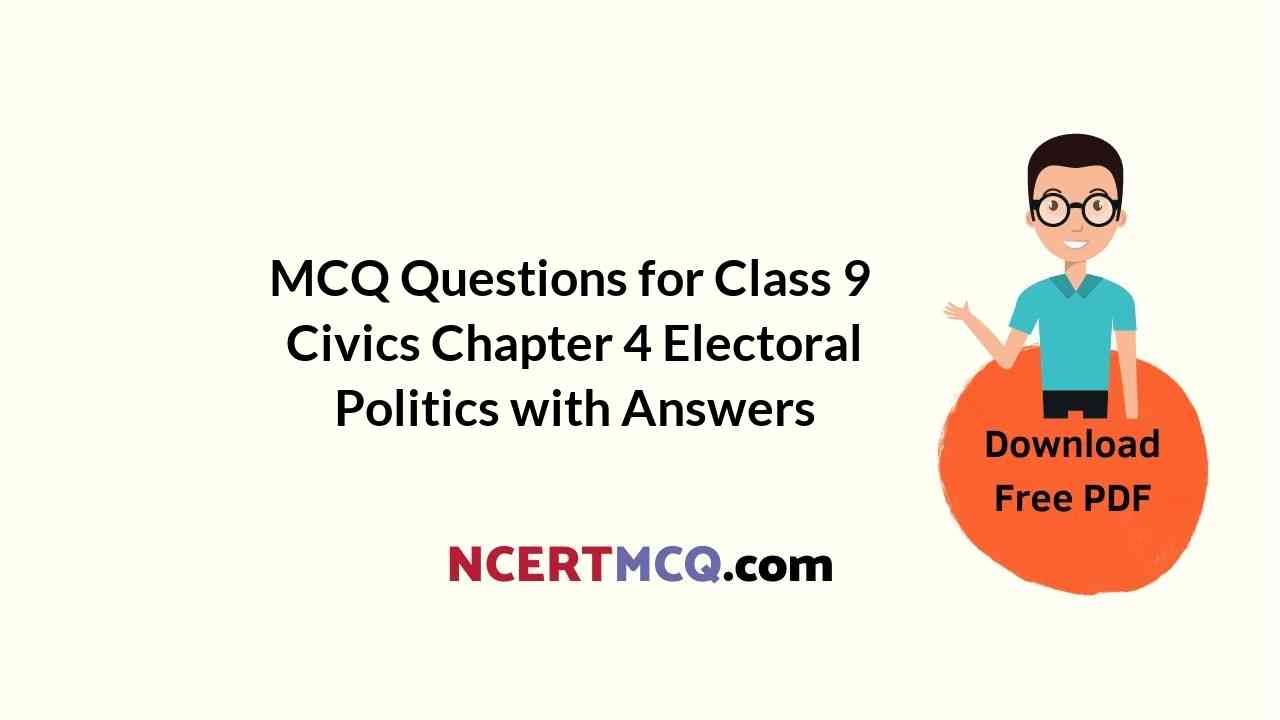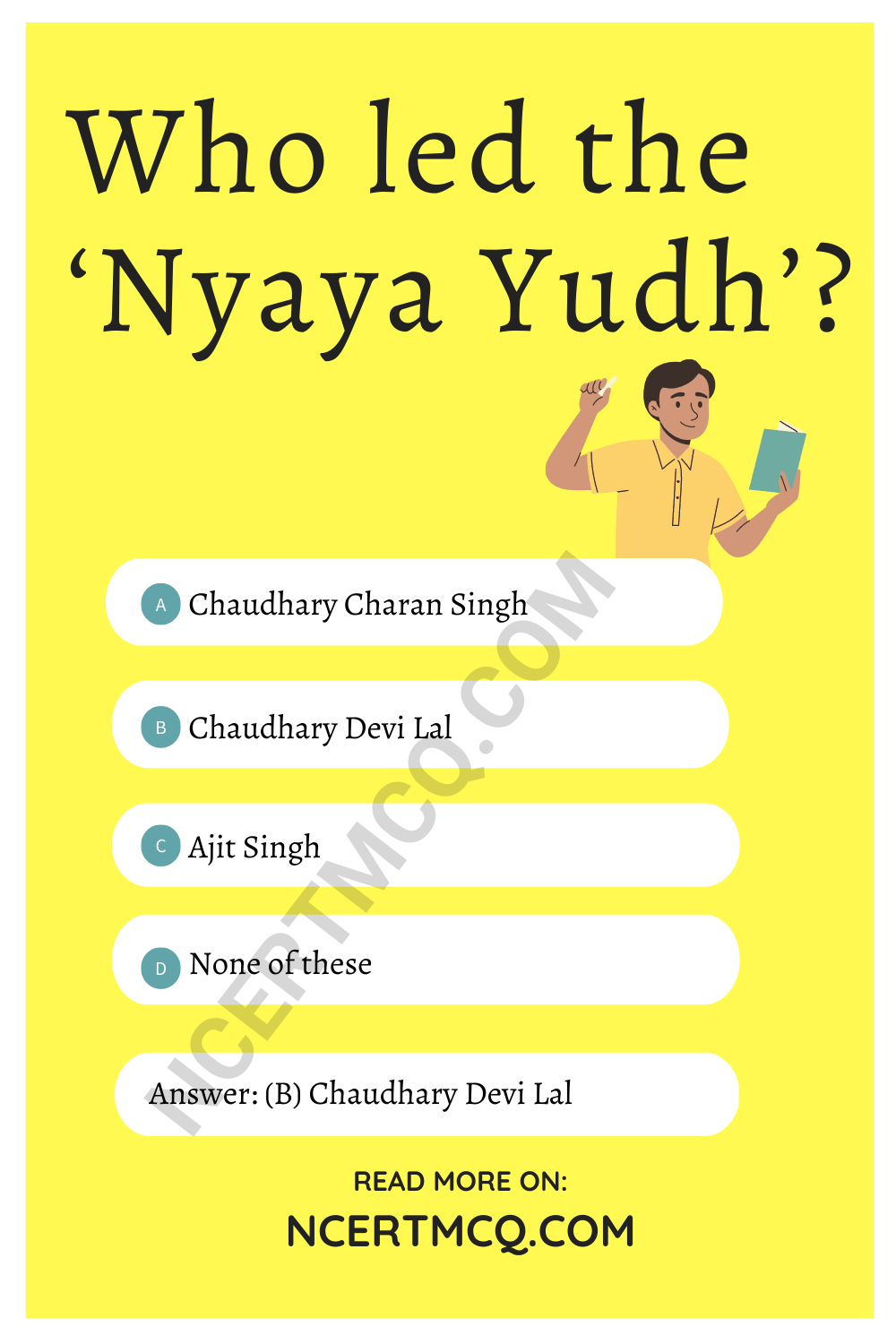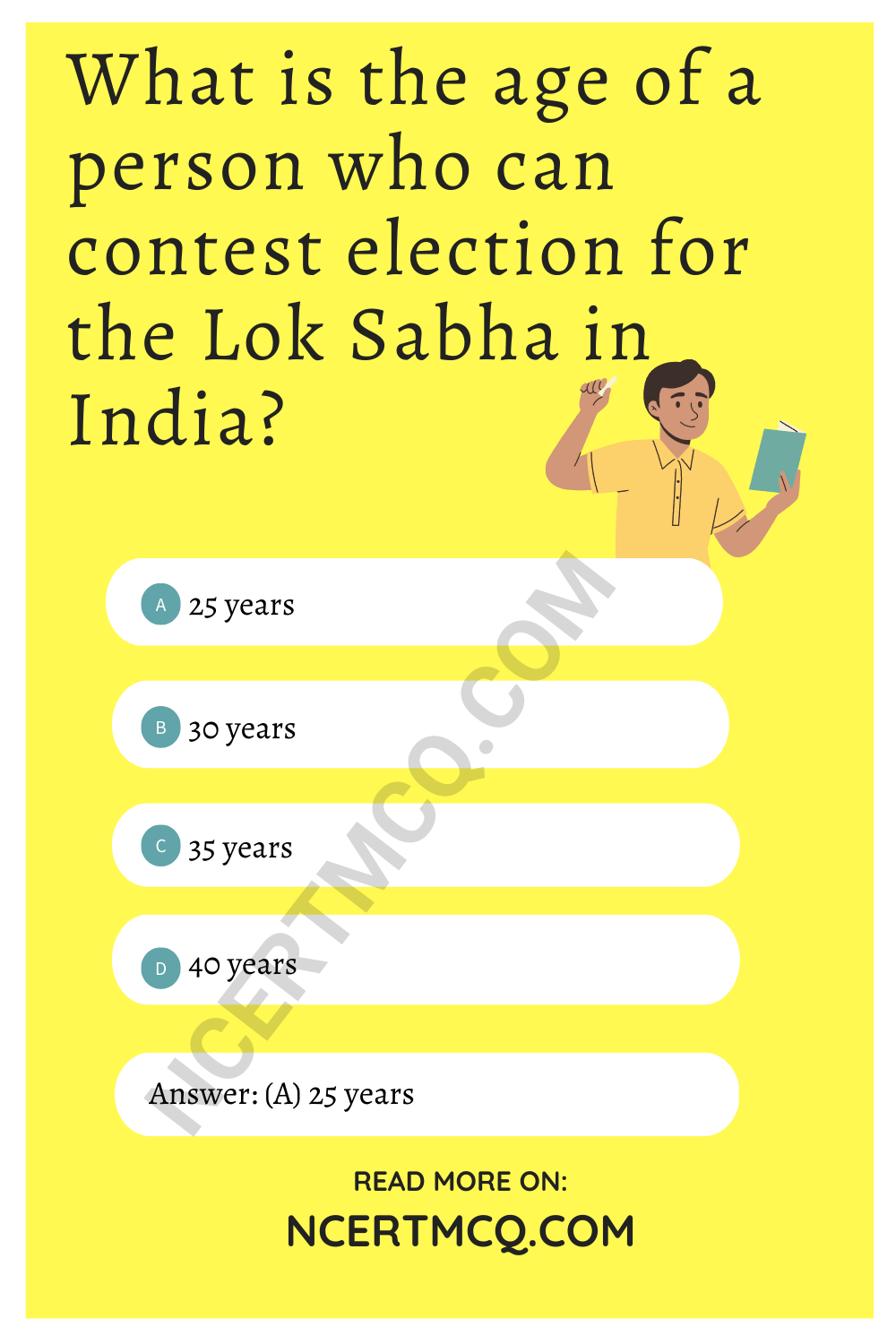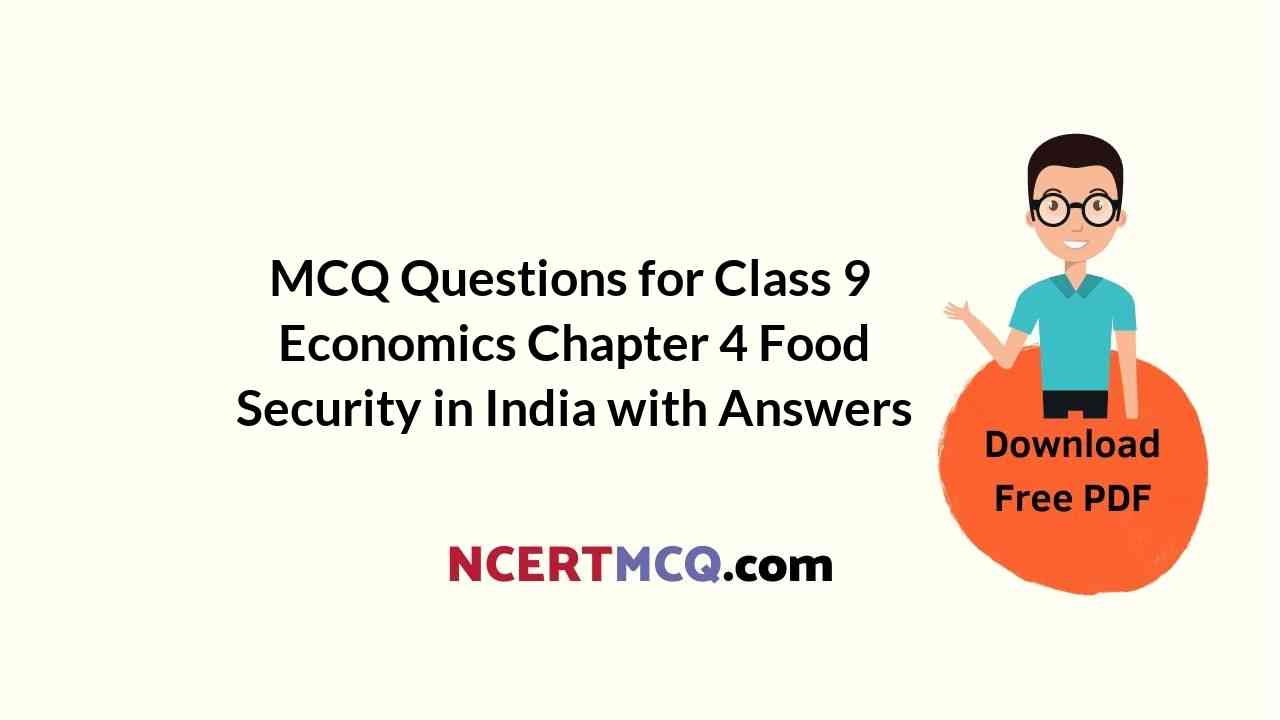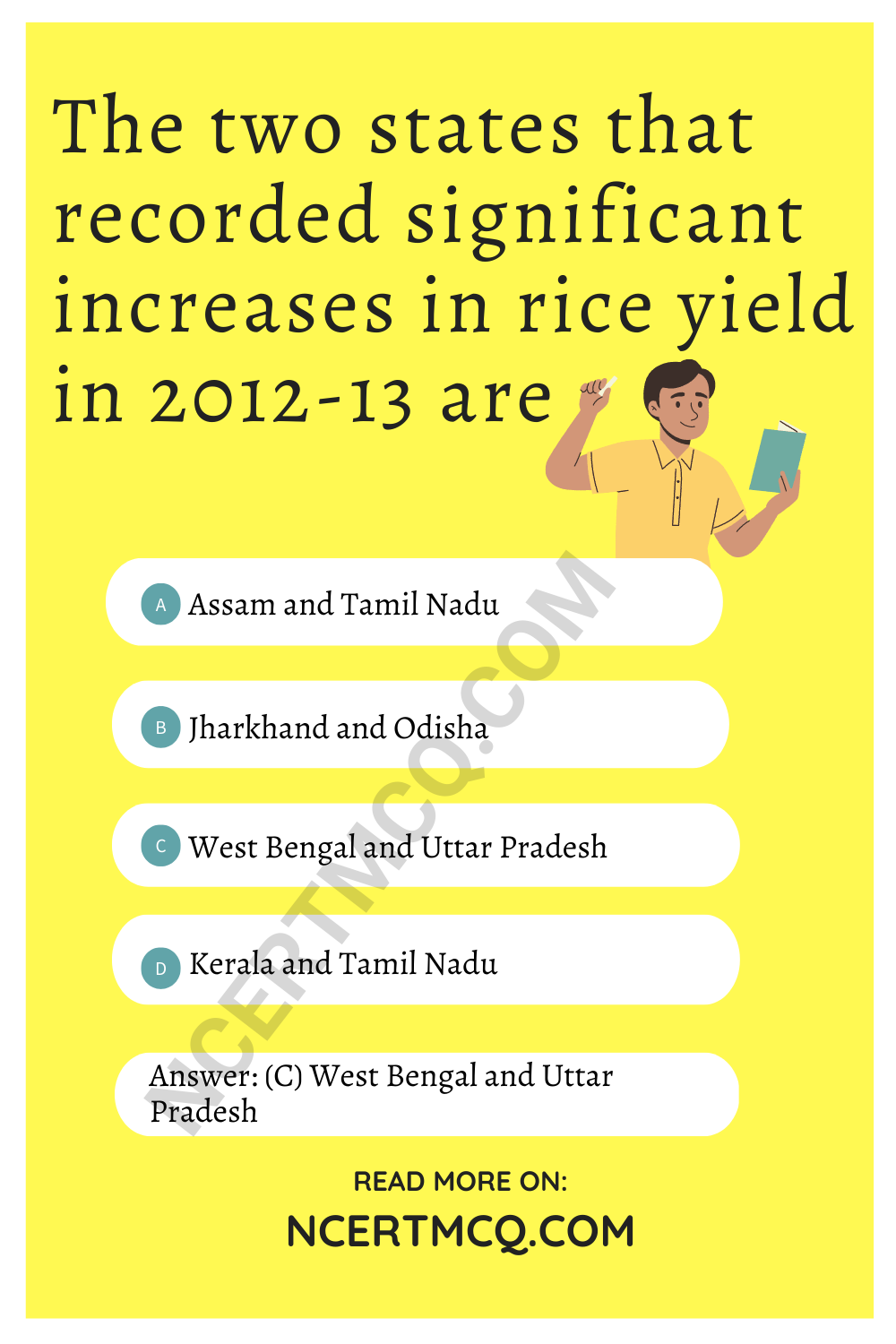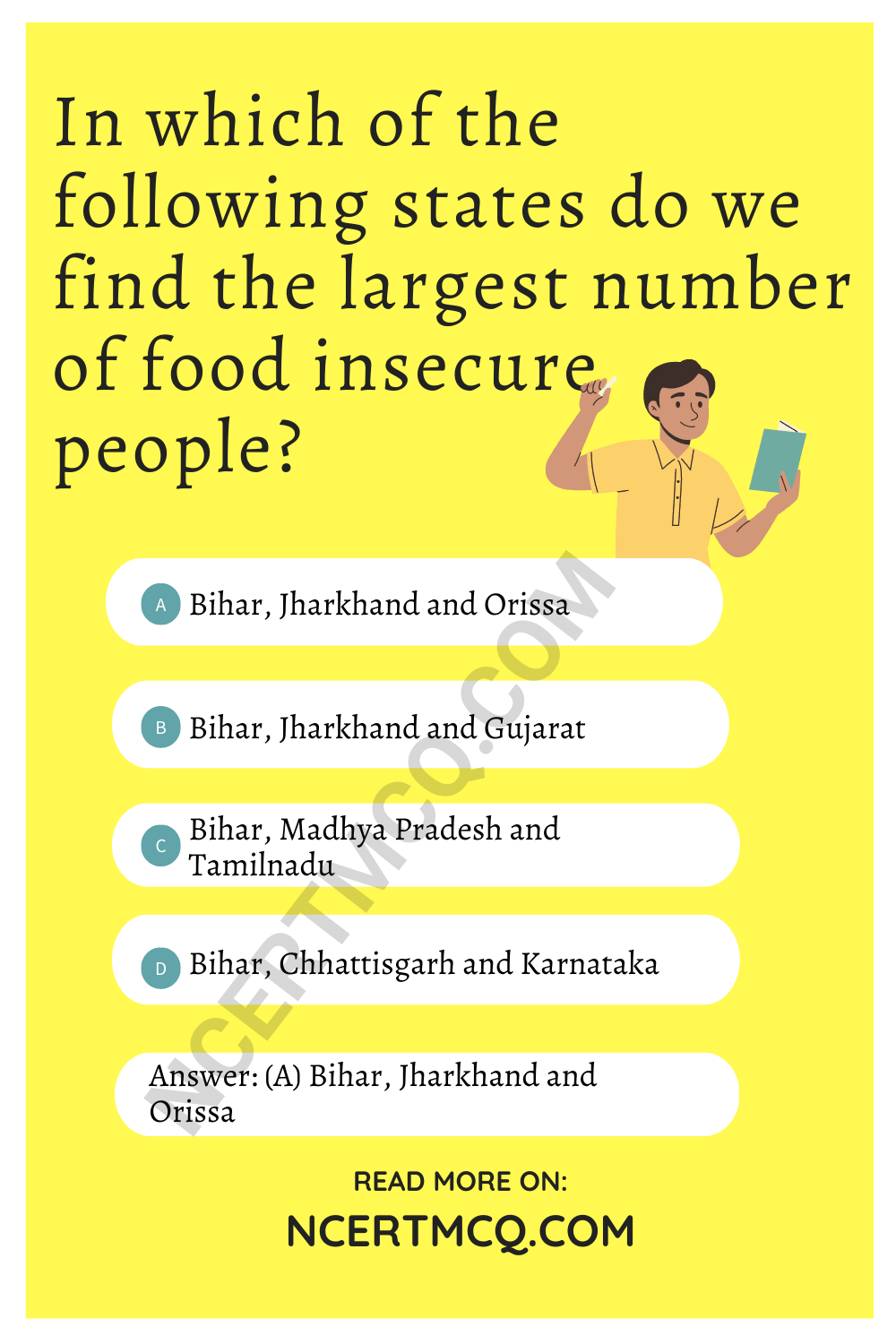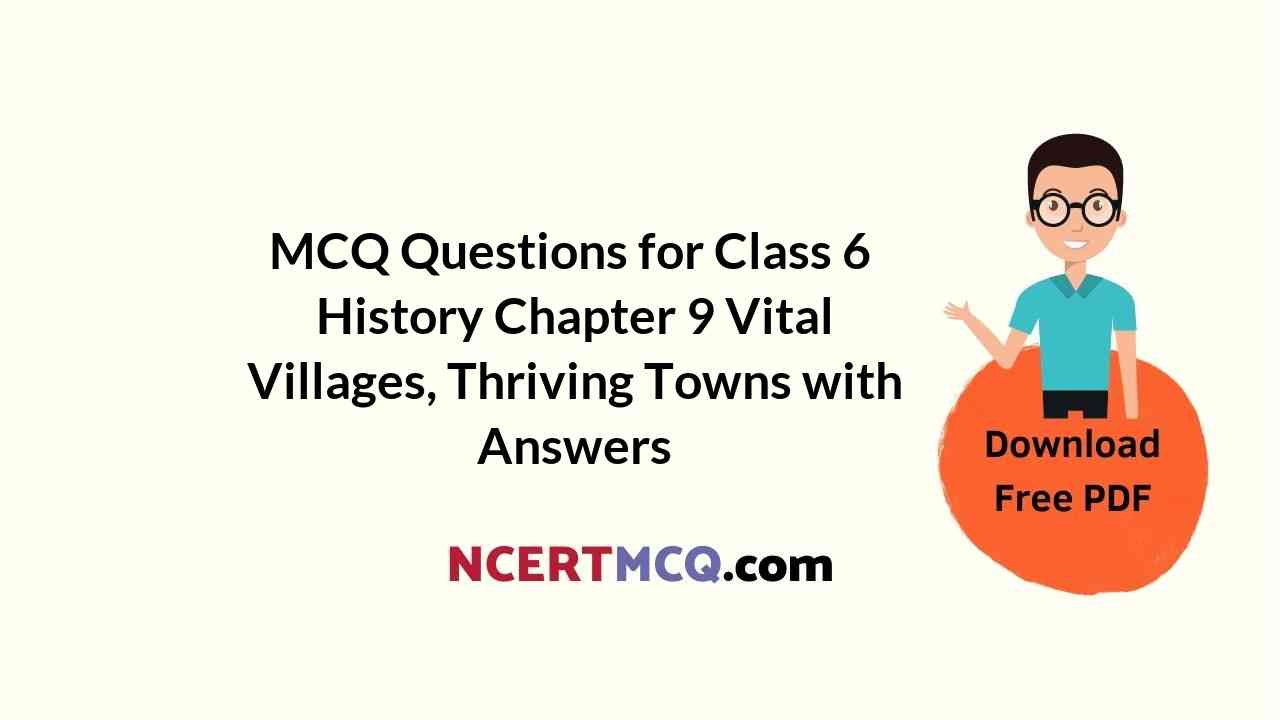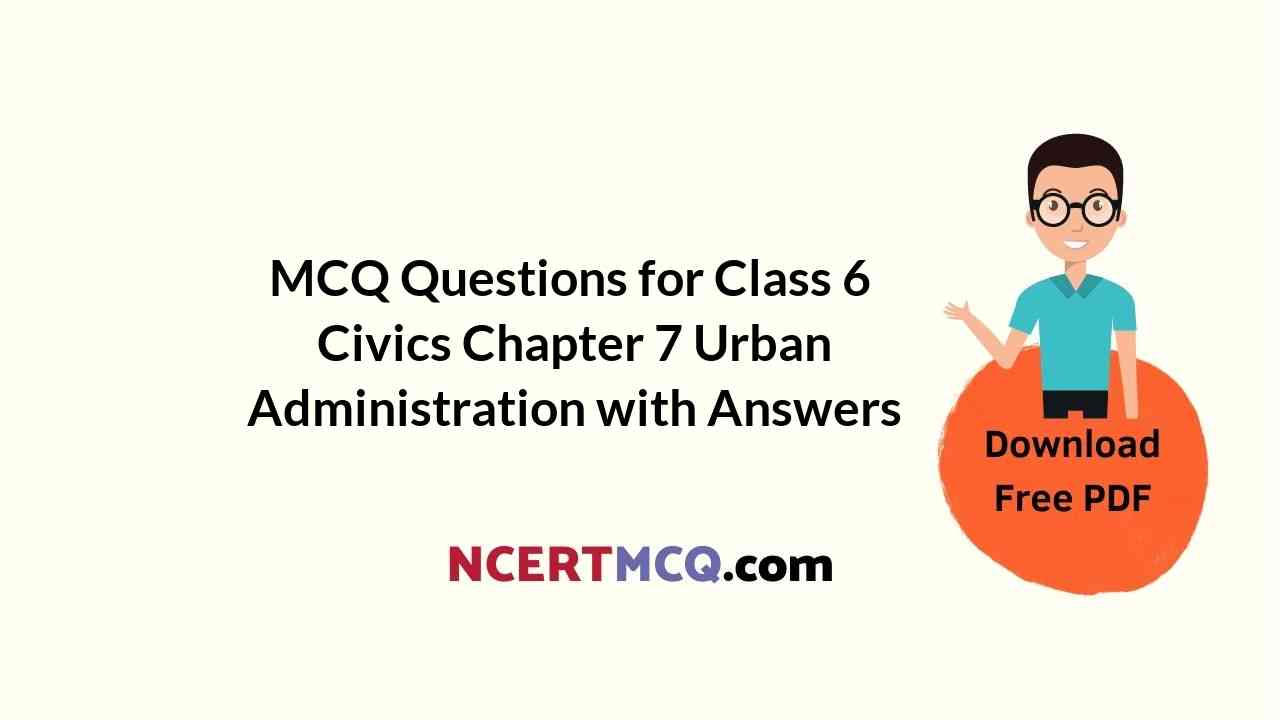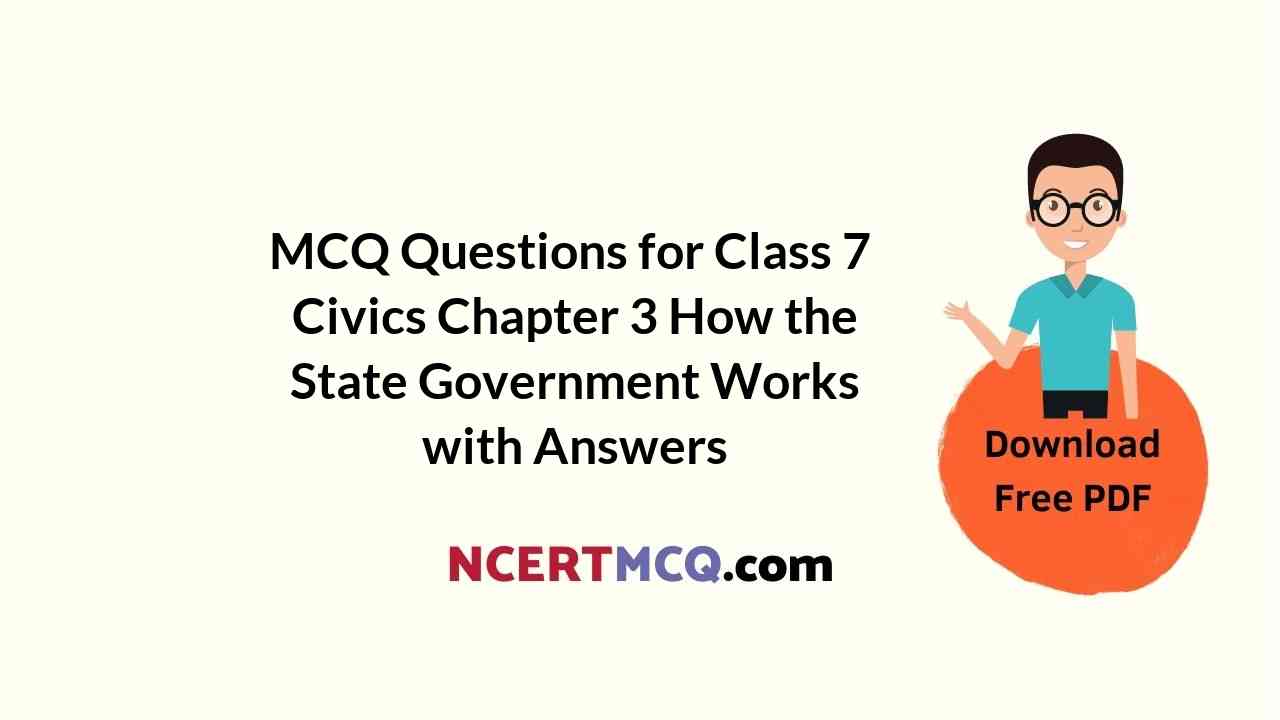Check the below Online Education NCERT MCQ Questions for Class 7 Geography Chapter 3 Our Changing Earth with Answers Pdf free download. MCQ Questions for Class 7 Social Science with Answers were prepared based on the latest exam pattern. We have Provided Our Changing Earth Class 7 Geography MCQs Questions with Answers to help students understand the concept very well. https://ncertmcq.com/mcq-questions-for-class-7-social-science-with-answers/
Class 7 Social Science Geography Chapter 3 MCQ With Answers
Geography Class 7 Chapter 3 MCQs On Our Changing Earth
Class 7 Geography Chapter 3 MCQ Question 1.
The earth’s crust is broken into a number of huge parts. They are called
(a) lithospheric plates
(b) metamorphic plates
(c) sedimentary plates
(d) none of these
Answer
Answer: (a) lithospheric plates
Our Changing Earth Class 7 MCQ Question 2.
Which one of the following forces originates in the interior of the earth?
(a) Exogenic forces
(b) Endogenic forces
(c) Both (a) and (b)
(d) None of these
Answer
Answer: (b) Endogenic forces
MCQ Questions For Class 7 Geography Chapter 3 Question 3.
Sudden movements in the earth are called
(a) earthquakes
(b) building mountains
(c) focus
(d) none of these
Answer
Answer: (a) earthquakes
Our Changing Earth Class 7 MCQ With Answers Question 4.
The place on the surface above the focus is known as
(a) epicentre
(b) focus
(c) forces
(d) lithosphere
Answer
Answer: (a) epicentre
Class 7 Geography Chapter 3 MCQ With Answers Question 5.
What is the name of the instrument used for measuring earthquake?
(a) Thermometer
(b) Seismograph
(c) Weighing machine
(d) All of these
Answer
Answer: (b) Seismograph
Geography Class 7 Chapter 3 MCQ Question 6.
On which scale is the earthquake measured?
(a) Plane scale
(b) Richter scale
(c) Compass
(d) Divider
Answer
Answer: (b) Richter scale
Class 7th Geography Chapter 3 MCQ Question 7.
In which continent is the highest waterfall ‘Angel Falls of Venezuela’ located?
(a) South America
(b) South Africa
(c) South India
(d) North India
Answer
Answer: (a) South America
Class 7 Geography Ch 3 MCQ Question 8.
Where is ‘Niagara falls’ located?
(а) On the border between Canada and USA
(б) On the border between India and China
(c) On the border between India and Pakistan
(d) On the border between India and Nepal
Answer
Answer: (а) On the border between Canada and USA
Geography Chapter 3 Class 7 MCQ Question 9.
The triangular collection of sediments at the mouth of a river forms
(a) beach
(b) delta
(c) arches
(d) glaciers
Answer
Answer: (b) delta
Class 7 Chapter 3 Geography MCQ Question 10.
The steep rocky coast rising almost vertically above the sea water is called
(a) sea cliff
(b) beach
(c) sea cave
(d) erosion
Answer
Answer: (a) sea cliff
Class 7 Geography Chapter 3 MCQ Online Test Question 11.
Which of the following is an example of a glacier
(a) Gangotri
(b) Aravali
(c) both of these
(d) none of these
Answer
Answer: (a) Gangotri
Class 7 Our Changing Earth MCQ Question 12.
Deposition of sand in a low hill like structure is known as a:
(a) Glacier
(b) Sand dimes
(c) Hill
(d) Desert
Answer
Answer: (b) Sand dimes
Match the contents of Column A with that of Column B
| Column A | Column B |
| 1. Mushroom rock | (a) Zimbabwe and Zambia |
| 2. Meander | (b) Deserts |
| 3. Stacks | (c) S waves |
| 4. Glacier | (d) Second course of river |
| 5. Victoria falls | (e) River of ice |
| 6. Transverse waves | (f) Sea waves |
Answer
Answer:
| Column A | Column B |
| 1. Mushroom rock | (b) Deserts |
| 2. Meander | (d) Second course of river |
| 3. Stacks | (f) Sea waves |
| 4. Glacier | (e) River of ice |
| 5. Victoria falls | (a) Zimbabwe and Zambia |
| 6. Transverse waves | (c) S waves |
Fill in the blanks with appropriate words:
1. Magma inside the earth moves in a …………. motion.
Answer
Answer: circular
2. A ………….. is a vent in the earth’s crust through which molten material comes out.
Answer
Answer: volcano
3. The place in the crust where the earthquake starts is called ……………
Answer
Answer: epicentre
4. The processes of ………… and …………. create different landform on the surface of earth.
Answer
Answer: erosion, deposition
5. Deposition of layers of fine soil along the bank of rivers forms …………..
Answer
Answer: flood plains
6. Sand deposits over larger areas are called …………….
Answer
Answer: loess
Write whether the given statements are true or false:
1. Sudden movements like earthquake do not cause mass destruction.
Answer
Answer: False
2. Deposition is breaking up of rocks on the earth’s surface.
Answer
Answer: False
3. Wearing away of the land by different agents like water, wind and ice is called erosion.
Answer
Answer: True
4. Sea caves become bigger and only the roof remains forming the sea arches.
Answer
Answer: True
5. Moraine is a depositional feature of glaciers.
Answer
Answer: True
6. River is an agent of erosion and deposition in the desert.
Answer
Answer: False
We hope the given NCERT MCQ Questions for Class 7 Geography Chapter 3 Our Changing Earth with Answers Pdf free download will help you. If you have any queries regarding Our Changing Earth CBSE Class 7 Geography MCQs Multiple Choice Questions with Answers, drop a comment below and we will get back to you soon.
Class 7 Social Science Geography MCQ:
- Environment Class 7 MCQ
- Inside our Earth Class 7 MCQ
- Our Changing Earth Class 7 MCQ
- Air Class 7 MCQ
- Water Class 7 MCQ
- Natural Vegetation and Wild Life Class 7 MCQ
- Human Environment: Settlement, Transport and Communication Class 7 MCQ
- Human Environment Interactions: The Tropical and the Subtropical Region Class 7 MCQ
- Life in the Temperate Grasslands Class 7 MCQ
- Life in the Deserts Class 7 MCQ
